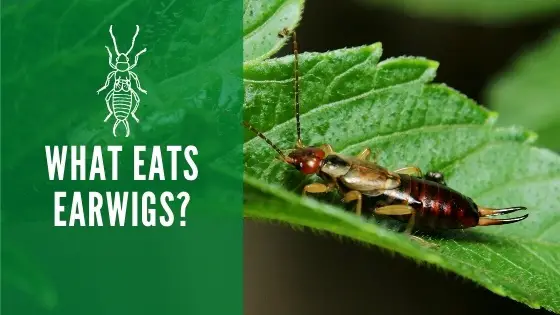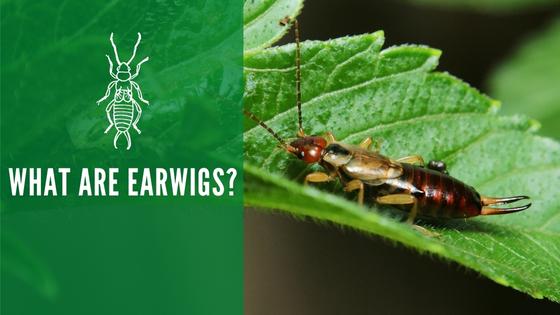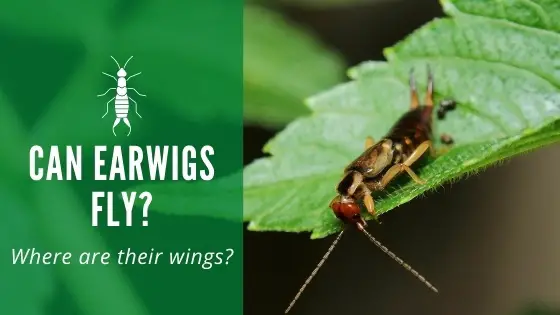Earwigs in My Bed
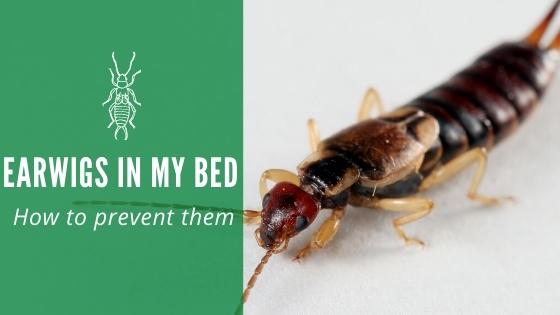
Despite the imposing appearance of their pinchers, earwigs are harmless, for the most part. These creatures have been the subject of myths that are the things of nightmares. Fortunately, the reputation of these creepy creatures is much worse than their reality. Let’s explore some of the facts about earwigs and put some of these stories to rest so you can get a good night’s sleep.
What to Do If You Find an Earwig in Your Bed
The first thing to do if you find an earwig in your bed is not to panic. Their name comes from a myth that they will crawl in your ears when you sleep. From there, they supposedly tunnel into your brain, where they will lay eggs and begin consuming your brains.
Fortunately, they do not intend to do such a thing, and much prefer an atmosphere that includes dead leaves and plant matter.
Earwigs prefer to lay their eggs in batches of 20-300 in underground nests with a good pile of leaf litter on top. They typically lay their eggs from fall through spring far away from your ears.
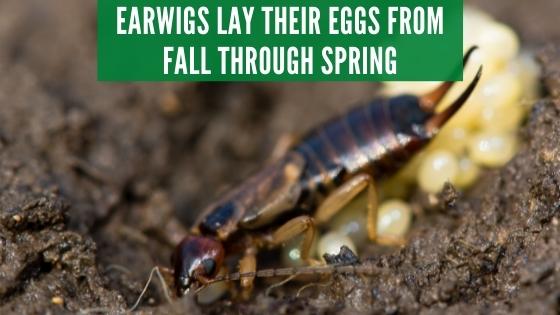
There have been some earwigs and many other bugs found in the ears, but that is because they prefer warm, dark, and moist environments. If you find an earwig in your bed, you need to determine if you have inadvertently developed an infestation.
Do Earwigs Crawl on You at Night
Earwigs tend to hide during the day and come out at night. Earwigs are scavengers that prefer decaying matter, such as leaves, flowers, berries, moss, organic rubbish, and grass. They will also eat other insects, either dead or alive. They will eat caterpillars, moths, and the eggs of such creatures.
An earwig can crawl on you at night if you have an infestation. They are not necessarily looking for you and are more than likely on the lookout for decayed material to eat. If you happen to be in their path, then they will not hesitate to crawl on you.
Do Earwigs Bite in Bed
The most menacing feature of earwigs is their formidable-looking pair of rear pinchers. They use their pinchers to catch prey and for self-defense. They have no reason to bite you in bed unless you happen to roll on one accidentally, and it pinches in defense. They do not seek you out to bite you. Even though they technically can bite, they seldom do.
If you find an earwig in your bed and think you have an earwig bite, you will probably have nothing more than a small red spot with two pincher marks spaced some distance apart. Earwigs are not venomous, and they are not known to carry any diseases.
Sometimes, the bite will be hard enough to break the skin and cause two little blood spots. Most of the time, they do not break the skin. Usually, an earwig bite is no worse than a mosquito bite and usually goes away in a few days.
One thing to be aware of is that if you think an earwig has bitten you, it could have been a spider instead. Spider bites leave two small puncture marks, and they are usually painful and hot to the touch. A spider bite might grow larger over time, but an earwig bite usually does not.
How Do You Know If You Have an Earwig Infestation
If you see earwigs around your home, you need to check to see if you have an infestation. These are more likely to occur during the fall or early winter months as the weather turns cold. If you have a leak in the bathroom underneath a counter that has gone unrepaired, this moist, decaying wood can make the perfect hiding spot for them. Leaky faucets and pipes are the most likely place to find them.
If you see earwigs in your home, you need to look for a nest outside the home. The most common place to look is around your foundation in dead and rotting plant matter. Moist areas are especially prone to earwigs.
If you find a nest, you will usually see a lot of earwigs of various sizes. Young earwigs look like miniature versions of the adult ones. Female earwigs stay with their young and care for them until they are ready to fend for themselves.
The most common time to find earwig nests around the house is in the spring. Many of the adults and eggs will survive over winter successfully and hatch in the spring. If you find an earwig infestation, then you need to look for ways that they are getting into your house.
Some of the most common places for them to enter your home are through cracks in the foundation, around where the foundation meets the house’s frame, through cracks underneath doorways, and around windows. Another place to look is openings where pipes come into the house. You can seal these openings with caulk to keep them out.
Getting Rid of Earwigs In and Around Your Home
One of the best ways to get rid of earwigs in your home is the get rid of the places that attract them outside of your home. You should make sure to adjust your roof drains to keep moisture well away from the house.
Cleaning up any debris or hiding places around the home will also discourage them from hiding. They love damp cardboard laying on the ground around the home, so make sure to remove any similar items.
Earwigs love hiding places like leaf litter, mulch, and the spaces under ornamental stone. If you see only a few earwigs now and then, you can use a pair of gloves to remove them. You can also use a vacuum cleaner if the thought of touching them does not sound appealing.
Another way to get rid of earwigs outside is to combine equal parts vegetable oil and soy sauce. Place it in a plastic container with a lid. Poke holes in the lid that are big enough for earwigs to crawl through and fall into the liquid. Bury the plastic container so that the lid is level with the ground. They will be attracted to the soy sauce and will fall in. The oil prevents them from climbing out.
Sprinkling the powder of diatomaceous earth around your home’s foundation and around any areas inside your home where you have seen them will also help to get rid of them. You will need to reapply this powder after a rainfall or watering around your foundation.
The good news is that earwigs do not actually want to eat your brains, but that still does not mean that you want them in your bed or home. The best way to prevent earwigs from entering your home is to eliminate their hiding places and seal places where they can get in. With earwigs, prevention is the best way to keep them away for good.
Sources:
https://www.healthline.com/health/earwig-bite#causes

